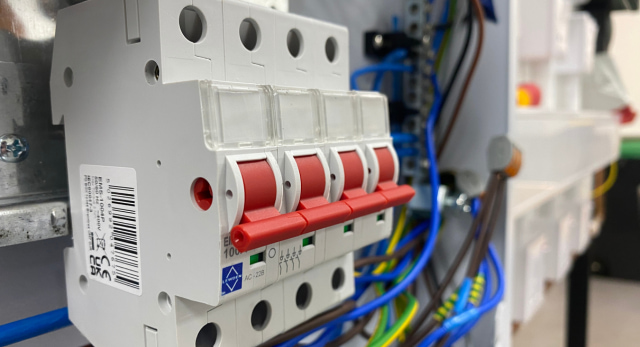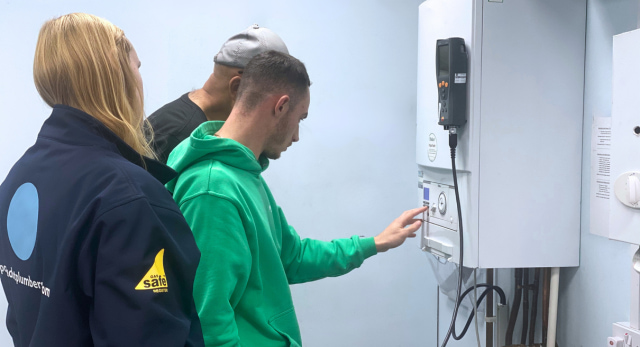As the UK embraces smarter, greener living, upgrading your home’s electrical system is one of the best ways to boost safety, efficiency, and convenience. Whether you’re renovating, planning for the future, or simply want to make your home more comfortable, these tips will help you get the most from your electrics in 2025.
1. Upgrade Your Fuse Board (Consumer Unit)
Modern homes demand more power than ever. If your property still has an old fuse box, upgrading to a modern consumer unit with residual current devices (RCDs) and circuit breakers is essential for safety and compliance. Newer boards provide better protection against electrical faults and can accommodate future smart home upgrades.
2. Rewire Where Necessary
Outdated wiring, especially aluminium or rubber-insulated cables, can be a fire risk and may not cope with today’s appliances. If your wiring is over 30 years old, have it checked by a qualified electrician. Rewiring ensures your electrics are safe, efficient, and ready for modern living.
3. Have Advanced Circuit Protection Installed
The 2025 standards require enhanced protection, including Arc Fault Circuit Interrupters (AFCIs) and Ground Fault Circuit Interrupters (GFCIs). These devices dramatically reduce the risk of electrical fires and shocks, offering peace of mind for you and your family.
4. Embrace Smart Home Technology
Smart lighting, thermostats, and sockets are no longer futuristic luxuries and are fast becoming the norm. Integrating smart devices allows you to control your home’s electrics remotely, automate routines, and boost energy efficiency. Upgrading your wiring and consumer unit can pave the way for seamless smart home integration.
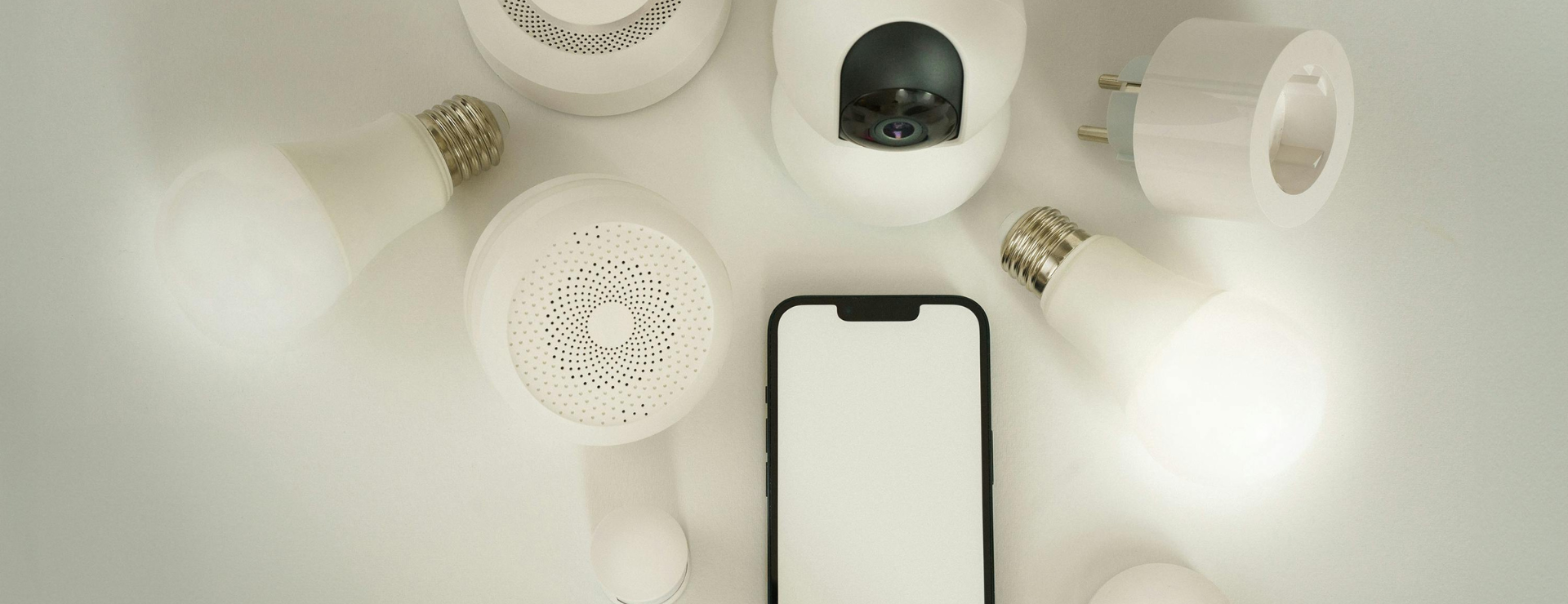
5. Switch to LED Lighting Throughout
LED lighting uses up to 75% less energy than traditional bulbs and lasts much longer. Upgrading to LEDs is a quick win for reducing your energy bills and carbon footprint. New advancements in LED technology mean better light quality and even more savings.
6. Add Dedicated Circuits for High-Powered Appliances
Modern kitchens and utility rooms often feature appliances that draw significant power. Installing dedicated circuits for ovens, dishwashers, and EV chargers prevents overloading and nuisance tripping, ensuring your system remains safe and reliable.
7. Prepare for Electric Vehicle (EV) Charging
With the UK’s shift towards electric vehicles, home EV charging points are increasingly popular. Installing a dedicated EV charging circuit not only adds value to your property but also ensures you’re ready for the future of transport.
8. Integrate Renewable Energy Solutions
Solar panels, battery storage, and even small wind turbines are becoming more accessible for UK homes. Upgrading your electrics to accommodate renewables helps you save on bills, reduce your environmental impact, and may even allow you to sell excess energy back to the grid.
9. Schedule Regular Electrical Inspections
Regular inspections by a qualified electrician help catch potential problems before they become dangerous or costly. The latest regulations recommend more frequent checks, especially if you’re making major upgrades or adding new technology.
10. Stay Up to Date with Regulations
The electrical landscape is evolving rapidly, with new standards like BS 7671:2018+A1:2020 and updates in 2025 focusing on safety, efficiency, and smart integration. Keeping your system compliant protects your home, ensures insurance validity, and keeps you on the right side of the law.
By following these steps, you’ll future-proof your home, enhance safety, and enjoy the benefits of modern technology and energy savings. For all major upgrades, always consult a qualified electrician.
If you want to learn more about safe electrical work, Logic4training offers a range of electrical courses to help you understand electrics, start a new career in the industry or upskill within the industry.
Frequently Asked Questions
How often should I have my electrics inspected?
It’s recommended to have a full inspection every 5-10 years for owner-occupied homes, and every 5 years for rented properties, or when buying/selling a property.
Are smart home upgrades worth it?
Yes—smart devices can save energy, increase convenience, and improve security. They’re also increasingly compatible with modern electrical systems.
Can I install an EV charger myself?
No—EV charger installation should always be carried out by a qualified electrician to ensure safety and compliance with UK regulations.
